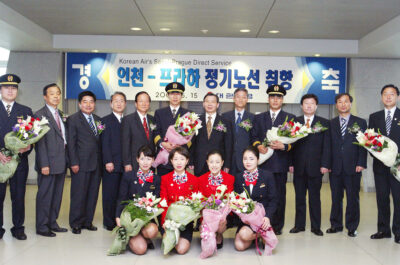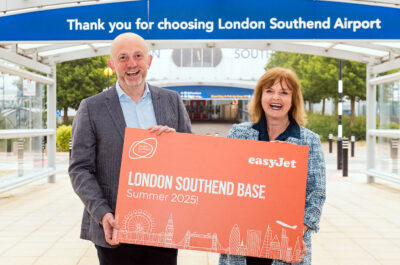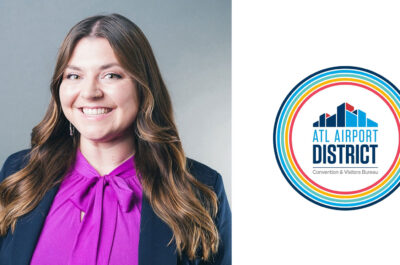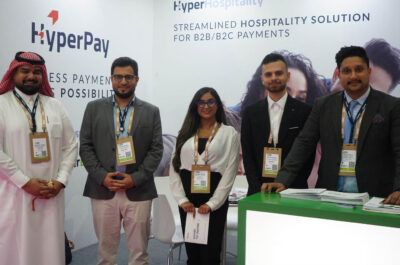As hospitality industry marketers seek to innovate and improve operations, most work hard to learn what their customers want—often asking them directly through surveys or focus groups. The problem with that…
As hospitality industry marketers seek to innovate and improve operations, most work hard to learn what their customers want—often asking them directly through surveys or focus groups. The problem with that approach, according to some industry marketers, is that customers are too likely to tell you what you want to hear, rather than what you really need to know.
Finding and implementing innovative ideas was one of the sessions at the annual Cornell Marketing Roundtable, held in May 2007, at the Cornell University School of Hotel Administration. Chaired by Lisa Klein Pearo, assistant professor of marketing, and sponsored by the Cornell Center for Hospitality Research, the Roundtable was attended by marketing leaders from the hospitality industry.
Examining the industry’s obsession with customer feedback, Howard J. Wolff, senior vice president, Wimberly Allison Tong & Goo (WATG), warned that companies can be steered in the wrong direction trying to listen to their customers, especially because customers typically say that they want faster, better, or cheaper and can`t easily articulate what features and services they might love but haven`t thought of.
“Successful companies innovate not from what customers say, but what they don’t say,” said Wolff. The participants also concluded that most customer surveys are too long, failing to focus on action items.
Dean Michael Johnson, E.M. Statler Professor of Hotel Administration, chaired the Roundtable session that focused on customer service lessons learned from outside of the hospitality industry, particularly, retailing.
Roundtable participants noted that the key to borrowing ideas from retailing is to understand how operations would need to be adjusted to make implementation feasible. The comparative complexity of hotel and restaurant operations makes it difficult to borrow ideas from retailers. In this regard, Ashwin Kamlani, vice president of distribution, Sol Melia Hotels & Resorts, gave the example of Wal-Mart`s greeters. They can focus entirely on assisting customers without other operational responsibilities, Kamlani said, noting that typically hotel employees have to juggle both.
A third session focused on defining “hospitality.” Definitions offered ranged from “creating transformational experiences,” as offered by John Hach, vice president, product management, eMarketing Solutions, TravelCLICK, to “distinguishing customer wants,” as suggested by Cindy Estis Green, managing partner, The Estis Group, as well as “doing unto others,” according to Kathy Misunas, founder, Essential Ideas. Regardless of where innovative ideas arise, Roundtable participants agreed that newly hired employees cannot be trained in hospitality. Instead, a person’s “hospitability” must be a criterion in the hiring process.
Theodore is the Co-Founder and Managing Editor of TravelDailyNews Media Network; his responsibilities include business development and planning for TravelDailyNews long-term opportunities.





















































































































































































